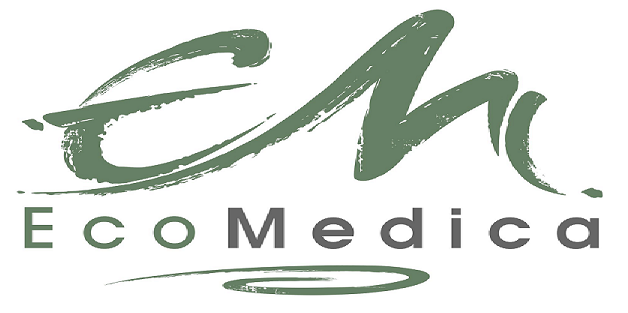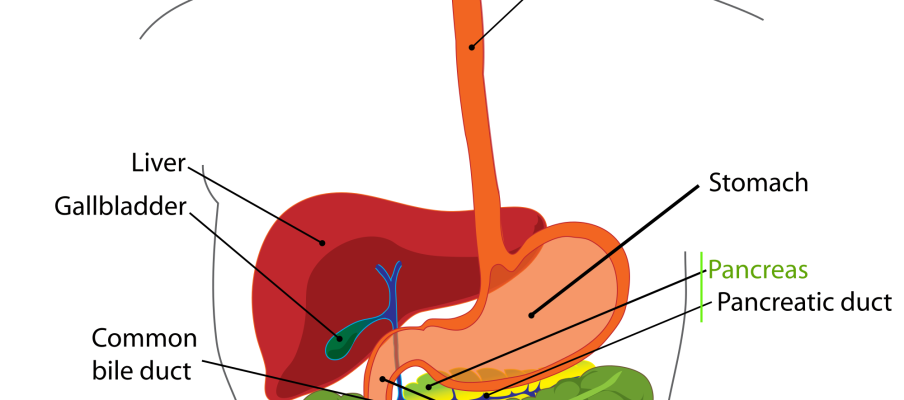Small Intestinal Bacterial Overgrowth (SIBO) is a condition characterized by nausea, bloating, vomiting, diarrhea, weight loss, motility issues, and malabsorption of food. It is very commonly observed in patients with tick-borne illness, whose gut microbiome is extremely out of balance and diseased. This should come as no surprise since Borrelia species have a particular affinity for the brain (fats) and the gut (second brain).
Patients with SIBO will often test positive on a hydrogen breath test indicating the presence of pathologic bacteria in the intestine. In 18 years of clinical practice, I have never seen a patient with SIBO who did not also have a tick-borne illness. These go hand in hand. Borrelia and Bartonella species essentially upset the normal microflora of the gut to such an extent that excess hydrogen-producing bacteria occurs.
SIBO is probably best treated with a diet low in sugar, carbohydrates, and processed foods, and high in nuts, seeds, and vegetables. This should come as no surprise given that this is the diet that human beings evolved eating, and therefore the one our microbiome is accustomed to. Starving the “bad” bacteria of the very nutrients that allow them to proliferate is a very effective way of restoring a healthy microbiome. Additionally, SIBO patients respond very well to antibiotic treatments such as Rifamixin, Amoxicillin, Flagyl, Fluoroquinolones, and others. Interestingly, these antibiotics also treat Borrelia and Bartonella species, which I believe are the driving force behind intestinal microbiome dysbiosis. Gut colonization of Borrelia and Bartonella species is very common in tick-borne illness due to the ease of accessing nutrients and the “cushy” mucosal environment which fosters proliferation. Eradicating these infections will help to return your microbiome to a healthy flourishing state.



